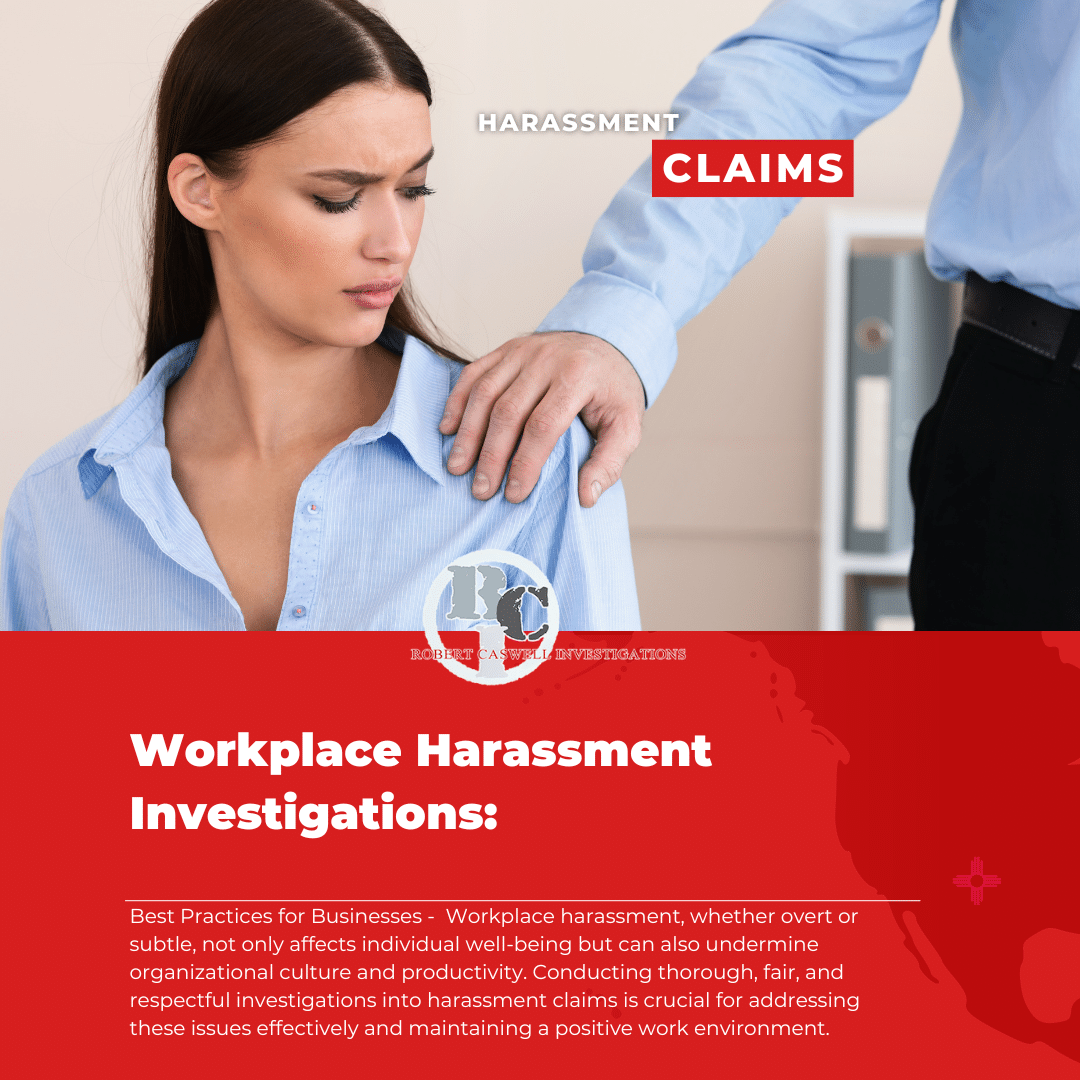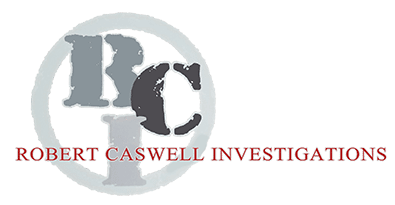
19 Sep Workplace Harassment Investigations: Best Practices for Businesses
Workplace Harassment Investigations
In today’s evolving work environment, maintaining a safe and respectful workplace is paramount. Workplace harassment, whether overt or subtle, not only affects individual well-being but can also undermine organizational culture and productivity. Conducting thorough, fair, and respectful investigations into harassment claims is crucial for addressing these issues effectively and maintaining a positive work environment.
Establishing a Harassment-Free Workplace
The foundation of a harassment-free workplace begins with proactive measures:
-
Clear Policies: Develop comprehensive anti-harassment policies that clearly define what constitutes harassment, including examples and consequences. Ensure that these policies are accessible and communicated to all employees.
-
Training and Awareness: Regularly conduct training sessions for employees and management on recognizing and preventing harassment. This should include sensitivity training and guidance on how to report incidents.
-
Supportive Culture: Cultivate an environment where employees feel safe to voice concerns without fear of retaliation. Encourage open communication and reinforce the importance of mutual respect and dignity.
Conducting Effective Investigations
When harassment claims arise, it is crucial to handle them with care and precision to ensure fairness and thoroughness:
-
Immediate Action: As soon as a complaint is lodged, take immediate steps to address the situation. This might include separating the parties involved, if necessary, to prevent further harassment.
-
Impartiality: Consider engaging a private investigator to ensure the investigation is conducted impartially. Private investigators bring expertise and neutrality, which can be invaluable in maintaining objectivity.
-
Confidentiality: Protect the privacy of all parties involved. Share information only with individuals who need to know, and remind those involved of the importance of confidentiality.
-
Thorough Investigation: Collect all relevant information, including interviews with the complainant, the accused, and any witnesses. Review any available documentation or evidence thoroughly and objectively.
-
Documentation: Keep detailed records of all steps taken during the investigation, including dates, times, and outcomes of interviews. Documentation is crucial for ensuring transparency and accountability.
-
Fair Resolution: Based on the findings, take appropriate corrective action. This might include disciplinary measures, policy changes, or additional training. Ensure the resolution is communicated to the involved parties and is consistent with company policies.
The Role of Private Investigators
Engaging a private investigator can enhance the integrity of the process. They bring an unbiased perspective and are skilled in gathering and analyzing evidence, conducting interviews, and providing credible findings. Their involvement can help reassure employees that the investigation is thorough and impartial, thereby reinforcing trust in the process.
Maintaining a Safe and Respectful Work Environment
Implementing these practices not only addresses current issues but also helps prevent future incidents. A harassment-free workplace boasts numerous benefits, including improved employee morale, increased productivity, and a stronger company reputation. Employees are more likely to feel valued and respected, leading to lower turnover rates and a more positive organizational culture.
By committing to these best practices, businesses can foster an environment where all employees feel safe, supported, and empowered to perform at their best. Protecting employees from harassment is not just a legal obligation but a fundamental aspect of building a successful and sustainable business.


